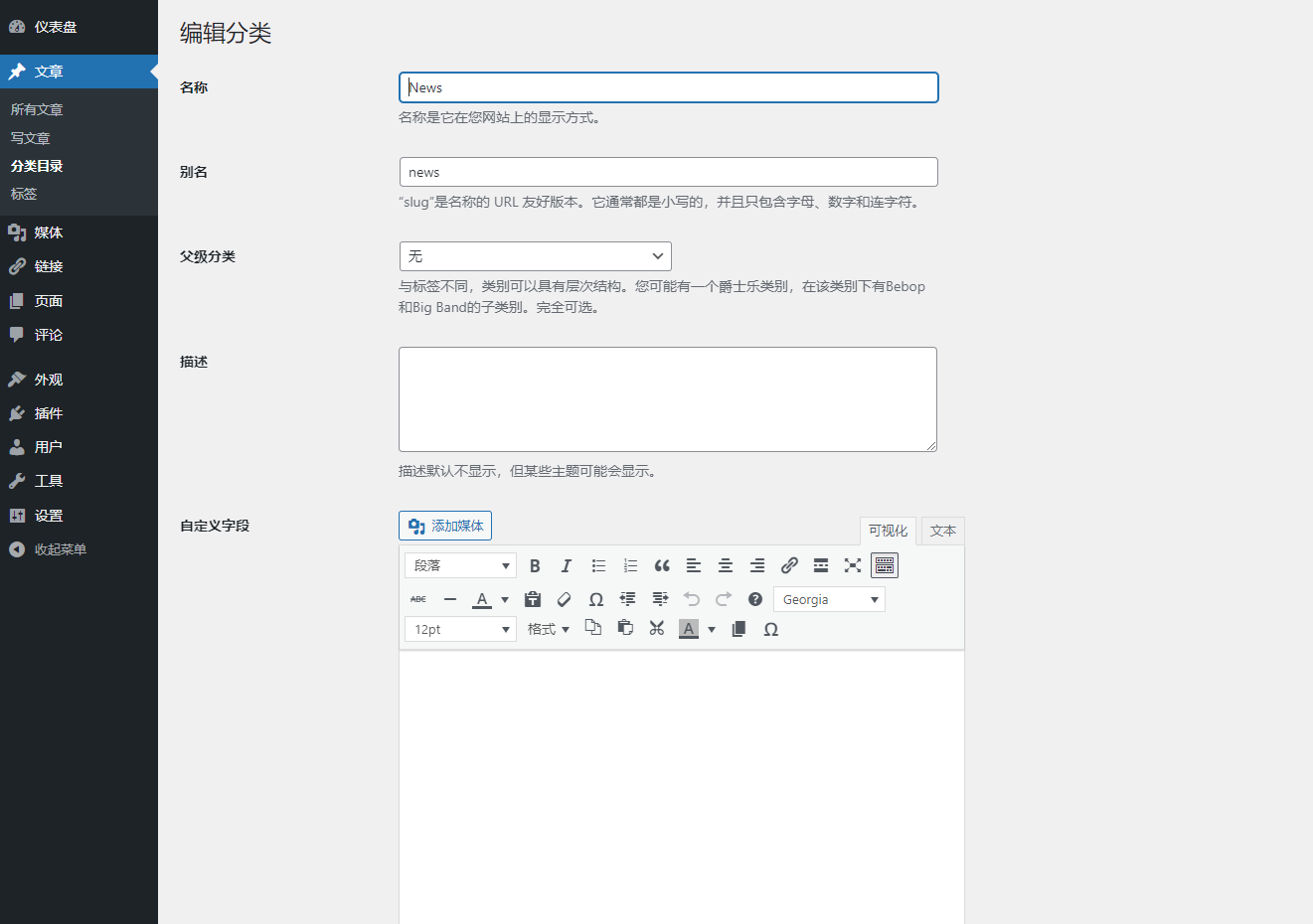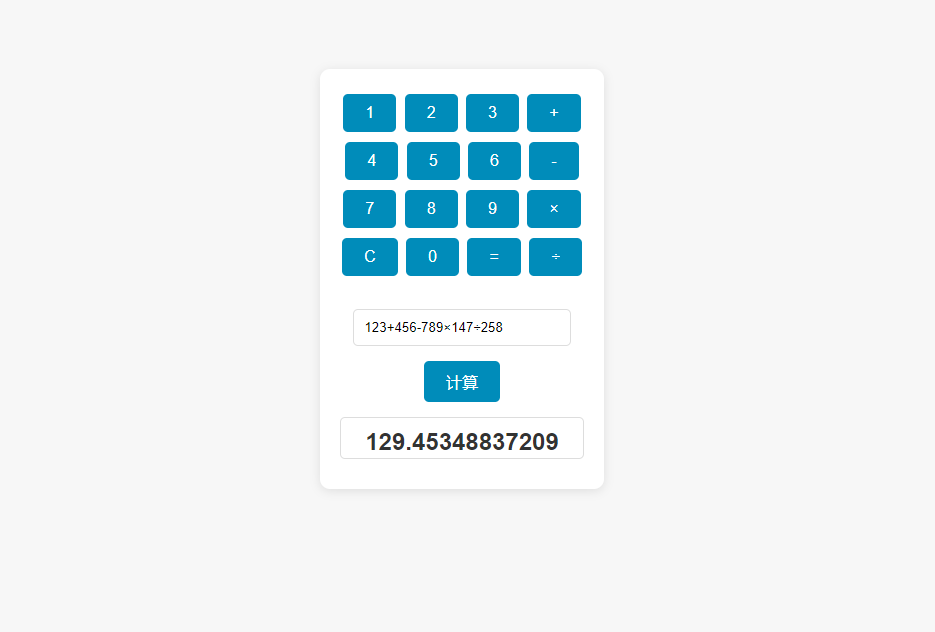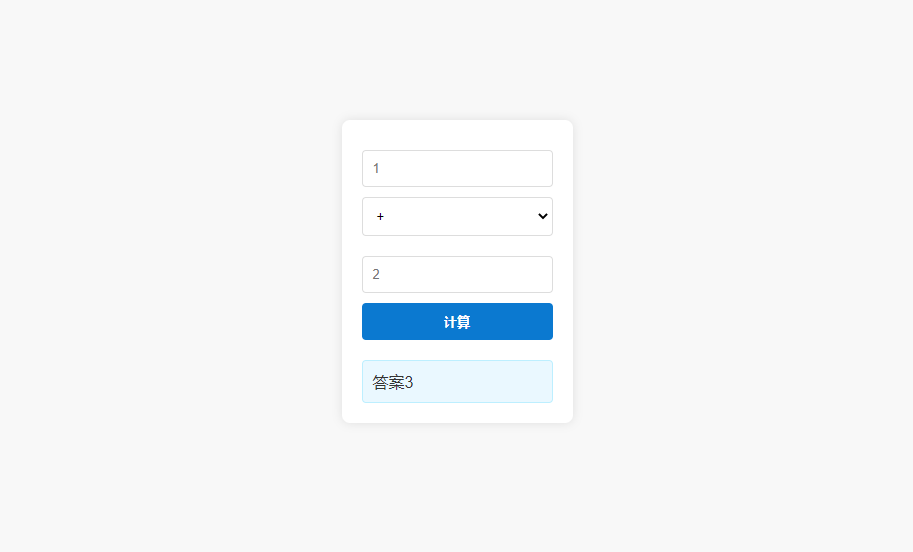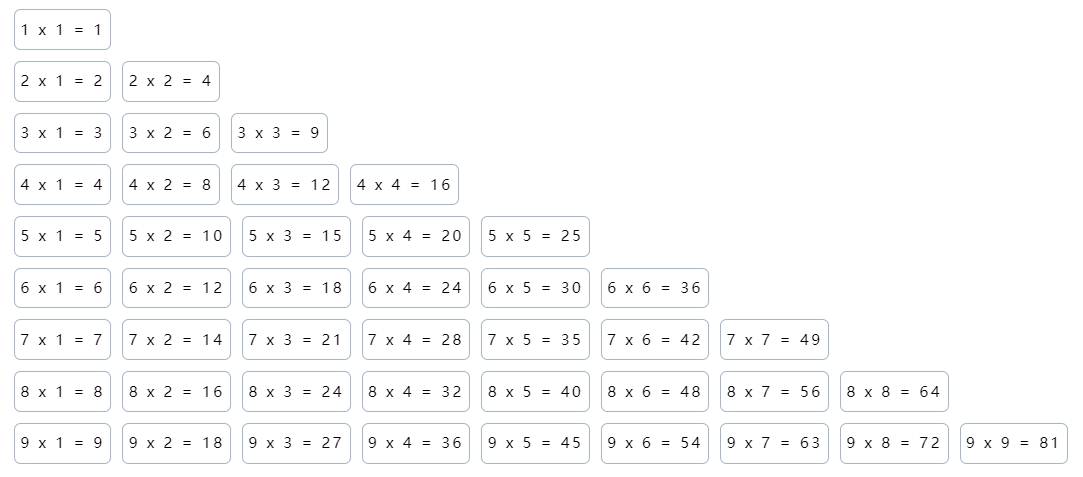这个功能是小白兔帮我做的,是利用字串符把文章、分类、标签、页面的一一循环出来,这样就会得到一个完整的网站地图功能,然后生成页面,生成位置一般都是在网站根目录下面的,下面开始贴代码。
首先加入头部的
<?php
require(ABSPATH.'/wp-blog-header.php'); //加载文件
$posts_to_show = 10000; //这里限制数量
$XMLheader = '<?xml version="1.0" encoding="UTF-8"?>
<urlset
xmlns="http://www.sitemaps.org/schemas/sitemap/0.9"
xmlns:xsi="http://www.w3.org/2001/XMLSchema-instance"
xsi:schemaLocation="http://www.sitemaps.org/schemas/sitemap/0.9
http://www.sitemaps.org/schemas/sitemap/0.9/sitemap.xsd">
';
$XMLlastpostdate = get_lastpostdate('blog');
global $sitemap_str;
$sitemap_str = $XMLheader;
$sitemap_str.= '<!--last post:'.$XMLlastpostdate.'-->'; //时间日期
接下来是首页的。
$sitemap_str.= '
<url>
<loc>'.get_home_url().'</loc> <!--链接-->
<lastmod>'.gmdate('Y-m-d').'</lastmod> <!--时间-->
<changefreq>always</changefreq> <!--更新频率-->
<priority>1.0</priority> <!--权重-->
</url>
';
循环文章页的所有链接
$myposts = get_posts( "numberposts=" . $posts_to_show );
foreach( $myposts as $post ) {
$sitemap_str.='
<url>
<loc>'.get_the_permalink($post->ID).'</loc>
<lastmod>'.get_the_time('Y-m-d G:i:s',$post->ID).'</lastmod>
<changefreq>always</changefreq>
<priority>0.6</priority>
</url>
';
}
循环所有页面的地图
$mypages = get_pages();
if(count($mypages) > 0) {
foreach($mypages as $page) {
$pagetime = get_page($page->ID)->post_modified;
$sitemap_str.='
<url>
<loc>'.get_page_link($page->ID).'</loc>
<lastmod>'.$pagetime.'</lastmod>
<changefreq>always</changefreq>
<priority>0.6</priority>
</url>
';
}
}
循环所有分类的地图
$terms = get_terms('category', 'orderby=name&hide_empty=0' );
$count = count($terms);
if($count > 0){
foreach ($terms as $term) {
$sitemap_str.='
<url>
<loc>'.get_term_link($term, $term->slug).'</loc>
<changefreq>always</changefreq>
<priority>0.8</priority>
</url>
';
}
}
循环所有tag的地图
$tags = get_terms("post_tag");
foreach ( $tags as $key => $tag ) {
$link = get_term_link( intval($tag->term_id), "post_tag" );
if ( is_wp_error( $link ) ){return false;};
$tags[ $key ]->link = $link;
$sitemap_str.='
<url>
<loc>'.$link.'</loc>
<lastmod>'.get_the_modified_time('Y-n-d H:i:s').'</lastmod>
<changefreq>always</changefreq>
<priority>0.4</priority>
</url>
';
}
最后一个是在循环执行一个单独的查询之后,此函数将$post global恢复到主查询中的当前post。
wp_reset_postdata();
剩下的就是网站地图生成的页面格式和生成位置,并且给个钩子
function set_sitemap(){
require_once('sitemap-xml.php'); //这个需要注意路径
global $sitemap_str;
file_put_contents(ABSPATH.'/sitemap.xml',$sitemap_str); //这里是生成的文件名字
}
add_action("init", "set_sitemap"); //这里是钩子
看完零散的,下面贴出完整的网站地图代码
<?php
require(ABSPATH.'/wp-blog-header.php'); //加载文件
$posts_to_show = 10000; //这里限制数量
$XMLheader = '<?xml version="1.0" encoding="UTF-8"?>
<urlset
xmlns="http://www.sitemaps.org/schemas/sitemap/0.9"
xmlns:xsi="http://www.w3.org/2001/XMLSchema-instance"
xsi:schemaLocation="http://www.sitemaps.org/schemas/sitemap/0.9
http://www.sitemaps.org/schemas/sitemap/0.9/sitemap.xsd">
';
$XMLlastpostdate = get_lastpostdate('blog');
global $sitemap_str;
$sitemap_str = $XMLheader;
$sitemap_str.= '<!--last post:'.$XMLlastpostdate.'-->'; //时间日期
$sitemap_str.= '
<url>
<loc>'.get_home_url().'</loc> <!--链接-->
<lastmod>'.gmdate('Y-m-d').'</lastmod> <!--时间-->
<changefreq>always</changefreq> <!--更新频率-->
<priority>1.0</priority> <!--权重-->
</url>
';
$myposts = get_posts( "numberposts=" . $posts_to_show );
foreach( $myposts as $post ) {
$sitemap_str.='
<url>
<loc>'.get_the_permalink($post->ID).'</loc>
<lastmod>'.get_the_time('Y-m-d G:i:s',$post->ID).'</lastmod>
<changefreq>always</changefreq>
<priority>0.6</priority>
</url>
';
}
$mypages = get_pages();
if(count($mypages) > 0) {
foreach($mypages as $page) {
$pagetime = get_page($page->ID)->post_modified;
$sitemap_str.='
<url>
<loc>'.get_page_link($page->ID).'</loc>
<lastmod>'.$pagetime.'</lastmod>
<changefreq>always</changefreq>
<priority>0.6</priority>
</url>
';
}
}
$terms = get_terms('category', 'orderby=name&hide_empty=0' );
$count = count($terms);
if($count > 0){
foreach ($terms as $term) {
$sitemap_str.='
<url>
<loc>'.get_term_link($term, $term->slug).'</loc>
<changefreq>always</changefreq>
<priority>0.8</priority>
</url>
';
}
}
$tags = get_terms("post_tag");
foreach ( $tags as $key => $tag ) {
$link = get_term_link( intval($tag->term_id), "post_tag" );
if ( is_wp_error( $link ) ){return false;};
$tags[ $key ]->link = $link;
$sitemap_str.='
<url>
<loc>'.$link.'</loc>
<lastmod>'.get_the_modified_time('Y-n-d H:i:s').'</lastmod>
<changefreq>always</changefreq>
<priority>0.4</priority>
</url>
';
}
wp_reset_postdata();
$sitemap_str.='</urlset>';
function set_sitemap(){
require_once('sitemap-xml.php');
global $sitemap_str;
file_put_contents(ABSPATH.'/sitemap.xml',$sitemap_str);
}
add_action("init", "set_sitemap");
?>





















